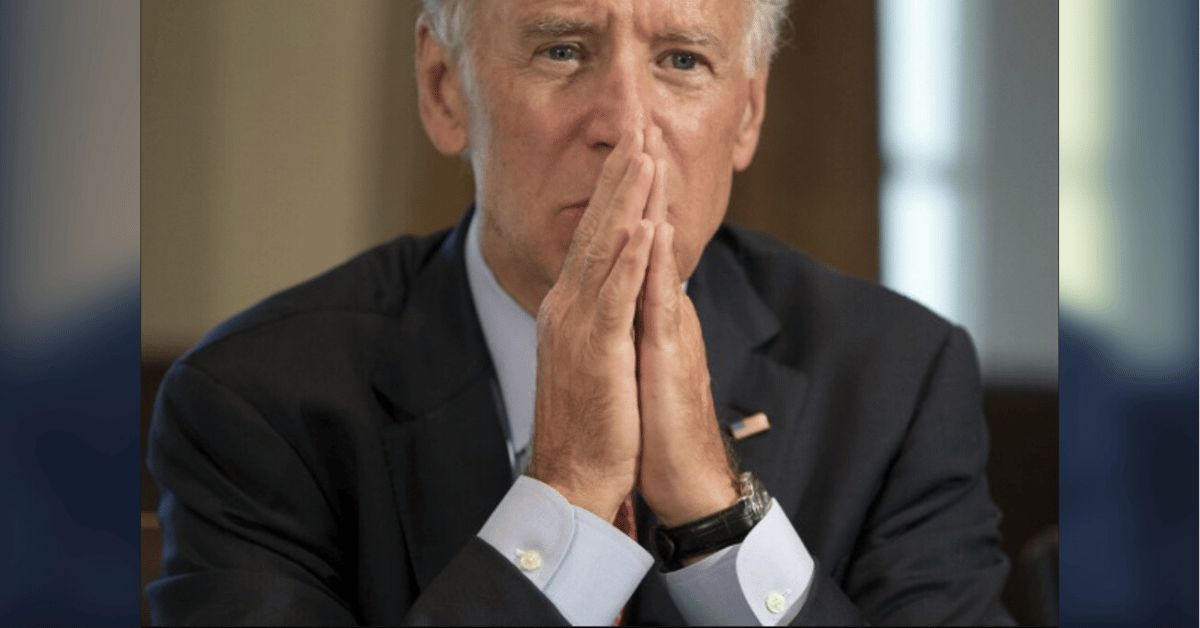





Attorney General Merrick Garland is currently embroiled in a significant controversy over his refusal to release audio recordings of President Joe Biden's special counsel interview.
The withholding of these tapes by Garland has led to legal challenges and severe criticism, punctuated by a congressional contempt vote.
The main point of contention centers around audio recordings from an interview conducted with President Biden by a special counsel. The recordings are currently being withheld by Attorney General Merrick Garland, which has sparked accusations of him protecting the White House from potential embarrassment.
The Daily Wire reported that Law Professor Jonathan Turley publicly criticized this action on Fox News' program "Hannity," arguing that Garland's refusal to release the tapes is both unconstitutional and nonsensical.
In response to Garland's actions, the House of Representatives took a decisive step. They voted to hold him in contempt of Congress, a move that was sharply divided along party lines.
The House's action reflects a broader contention about the need for transparency and accountability in government, especially concerning matters that may involve the highest offices in the nation.
Speaker of the House Mike Johnson has been vocal about pursuing court action to enforce the release of the audiotapes, signaling a potential legal battle ahead.
Jonathan Turley, during his television appearance, elaborated on the legal and constitutional issues at stake. He described Garland's decision to withhold the audiotapes as legally indefensible and a clear interference with transparency.
Turley's staunch critique extended to questioning the rationale provided by the Department of Justice, which has argued that the release of the audio could pose a risk of creating misleading deepfake audio clips.
This explanation by the DOJ was heavily criticized by Turvey, who pointed out the absurdity of claiming a "deep fake privilege," especially since the transcript of the interview has already been publicized.
The Department of Justice, defending its position, cited executive privilege as a reason for not prosecuting Garland following the contempt vote.
Assistant Attorney General Carlos Felipe Uriarte referenced the DOJ's longstanding practice of declining to prosecute in such situations, which traditionally involve claims of executive privilege.
This defense has added another layer of complexity to the debate, intertwining legal precedents with the current political scenario.
Amidst this legal and political turmoil, Jonathan Turley has been a vocal advocate for judicial intervention. He commends Speaker Johnson's decision to take the matter to court and expresses confidence in the House's historical success in similar legal fights.
Turley, who has represented the House of Representatives in past legal battles, believes strongly in the legislative body's capability to assert its powers through the courts.
As this situation continues to unfold, the legal strategies and interpretations of constitutional law by involved parties will remain under close scrutiny.
The withholding of the Biden audiotapes by Attorney General Merrick Garland remains a contentious issue, stirring debates on legal, constitutional, and ethical lines.
While the Department of Justice holds its ground on the matter, opposition voices continue to challenge the justification for keeping these recordings from the public eye.
The case, as it develops, will likely provide a pivotal moment in discussions about executive privilege, transparency, and the balance of powers in the U.S. government.
In conclusion, the controversy surrounding the withheld Biden audiotapes involves critical questions of constitutional law, executive privilege, and public transparency.
As legal and political battles continue, the resolution of this issue will have significant implications for the dynamics of U.S. governance. Jonathan Turley remains a prominent critic of the DOJ's stance, advocating for judicial intervention to uphold transparency and accountability. The outcome of this dispute could set important precedes for how sensitive political materials are handled in the future.



